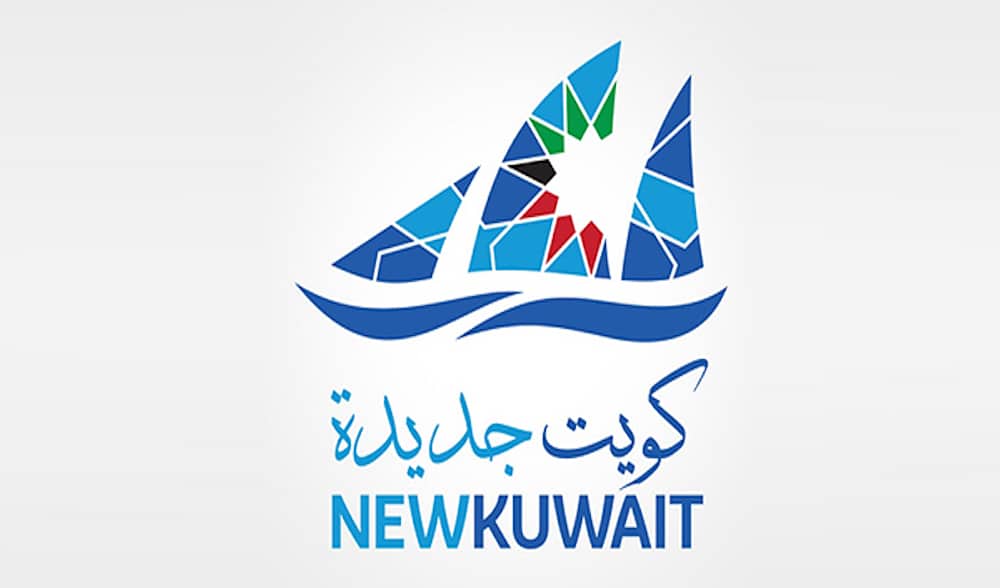AHMAD ALSADHAN WRITES — For a long time, Kuwait’s economy has been dependent on its abundant oil reserves. Once a poor country by the Arabian Gulf, oil has played an integral role in its development. Although this strategy worked during the previous century, is it sustainable?
Maybe not. Kuwait’s dependence on oil has cost the country billions due to volatile global oil prices.
That’s why the Kuwaiti government has been working on a new vision launched by the late His Highness the Amir Sheikh Sabah Al-Ahmad Al-Jaber Al-Sabah: Kuwait Vision 2035, which is aimed at diversifying the Kuwait economy. It is believed that independence from oil will increase the role of the private sector and decrease the role of the government.
So, just what is this plan?
The seven pillars of Kuwait Vision 2035: Effective public administration; a diversified sustainable economy; a developed infrastructure; a sustainable living environment; high quality healthcare; creative human capital; and global positioning.
The younger generation in Kuwait will be the most impacted by this vision, as they are either studying or working to build the new private sector that will sustain their future. Non-oil sectors will not only create more jobs but will make Kuwait a financial and trade center, which in turn will attract foreign investments.
Transitioning the economy will definitely be a challenge, but by 2035 Kuwait aims to compete with global markets. This means having an open market that accepts foreign direct investment and a strong private sector that takes care of development. It is believed, and most certainly hoped, that the creativity and energy of the country’s youth will help build a new Kuwait.

